
News writer
Though the chances of winning the U.S. lottery are very slim, millions of people throughout the country play regularly.
Perhaps the possibility of winning is just exciting enough to keep people playing. Here, we have gathered some interesting and little-known facts about the U.S. lottery and lotteries in other countries that you may not have heard of.
Interesting facts about the United States lottery
- Americans spend more money on the lottery than any other form of entertainment: Lottery players in the U.S. spend almost $100 billion on state lotteries each year. That's more than they spend on movie tickets, sports tickets, video games, coffee, and smartphones combined.
- The U.S. lottery has expanded to almost all states: The lottery, as it is known today in the United States, began in 1964 in New Hampshire with the launch of the New Hampshire Sweepstakes, now known as the New Hampshire Lottery. By 1980, the lottery was being played in just 14 states. Since then, it has expanded to 45 states as well as the District of Columbia, Puerto Rico, and the U.S. Virgin Islands. One of the main motivations for states to consider lottery laws has been the potential to generate additional revenue for funding state concerns such as education, veterans' assistance, state parks, and public services.
- A single Powerball payout awarded 110 second-prize winners: On March 30, 2005, the Powerball drawing had an astounding 110 second-prize winners. This drawing came to be known as the "fortune cookie payout." The jackpot of $19.4 million was divided between the winners, with 89 players receiving $100,000 each and 21 players receiving 500,000 each due to their Power Play options.
- A lucky bartender was given a tip that won $17,500: 25-year-old bartender Aurora Kephart was used to some of her regulars at Conway's Restaurant and Lounge in Springfield, Oregon, giving her lottery tickets instead of tips. But in 2013, one of her patrons asked her to pick two of his tickets bought on October 13. What she hadn't expected was to win $17,500 on one of the Keno tickets.
- Stores get bonuses for selling winning tickets: Lottery retail stores throughout the United States receive bonuses of up to $1 Million for selling jackpot Powerball or Mega Millions tickets. The exact amount tends to vary depending on the game, the amount of the prize, and the state.
- In most states, you have to go public: If you would prefer to remain anonymous if you win a lottery jackpot in the U.S., you may be disappointed to find out that only 18 states allow you to do so. These are Arizona, Delaware, Georgia, Illinois, Kansas, Maryland, Minnesota, Mississippi, Missouri, Montana, New Jersey, North Dakota, Ohio, South Carolina, Texas, Virginia, West Virginia, and Wyoming. However, you may still be able to keep your identity secret in other states if you set up a trust fund to claim your winnings. An attorney can advise you on how to do this.
- The winner who kept on winning: Most people would consider themselves lucky to win the lottery once, but former math professor Joan R. Ginther won the lottery four times between 1993 and 2010. Since her winning spree began, she has won almost $21 million.
- Keno probably originated over 2,000 years ago: Historical records suggest that Keno was first played in China between 201 and 187 BCE. According to legend, it was used to fund government projects such as the building of the Great Wall of China.
- The U.S. lottery is mostly played by middle-aged people: Statistics show that American lottery games are most popular with people between the ages of 45 and 54. 75% of people within this age range play the lottery regularly.
- Scratch-off tickets also make millionaires: Instant win tickets are a very popular way to play the lottery in the U.S. Although they are simple and easy to play, they do make millionaires. Some scratch cards, such as New York's $10,000,000 Deluxe instant win ticket, have a top prize of $1 million. You have to pay $30 to play it.
Interesting facts about the lotteries around the world
- French philosopher rigged the lottery: 18th-century French philosopher M. Voltaire is famous for his writings on natural science as well as his novels and plays. What he is probably less well-known for is rigging the French Lottery along with his friend and mathematician Charles-Marie de La Condamine. The two discovered a fatal flaw in the French government lottery system and proceeded to take advantage of it. It is estimated that Voltaire recouped 500,000 livres. That would be around $6.4 million today.
- Spain's national lottery is world-famous: The Spanish National Lottery is known as El Gordo. It takes place on December 22 each year. The tickets come with the numbers pre-printed on them. The El Gordo drawing is a huge event in Spain. While some watch at home, others turn out to cafes and bars to witness the drawing. Ticket numbers range from 0 to 84,999, and there are 195 series of tickets. El Gordo was launched in 1812 as a fundraiser for orphans.
- The British National Lottery has funded several movies: Movies including The King's Speech, Gosford Park, Billy Elliot, and The Girl With All The Gifts were made by the British Film Institute (BFI) using funds from the British National Lottery. What's more, many of them have won Academy Awards and BAFTAs.
- The Irish Lottery is one of the simplest games to play: If you want a lottery game that's easy and uncomplicated, the Irish Lottery fits the bill. To play, all you have to do is choose six numbers between 1 and 47. There are no special numbers or Powerballs to choose from. It is drawn twice each week, and you can win in 7 different divisions. You only need three numbers to win in division 7.
- The Dutch have a postcode lottery: This is the Netherlands' largest lottery. It was founded in 1989 to raise funds for charities. In this lottery, participants' zip code forms their lottery entry, so that players and their neighbors can win together. Dutch postcode lottery players have the chance to win hundreds of thousands of prizes each month as well as support a wide range of charities with around 40% of their ticket price.
- The UK has a LitterLotto: The motto of the UK's LitterLotto is “bin it to win it.” LitterLotto is a free-to-enter prize draw that was launched in the UK in August 2021 to encourage British people to keep their streets clean. The draw has regular prizes and large jackpots that are supported by national brands who want a cleaner British environment. For a chance to win, participants must use the LitterLotto app to take a photo of themselves placing a piece of litter in a garbage can. Each time they submit a picture of a new piece of litter being disposed of, it gives them another chance to win.
- Sweden had a speed camera lottery: This is another unique public-service lottery that took place in Stockholm. In the capital city, the speed cameras not only took photographs of the license plates of speeding drivers but also of those who were driving within the legal speed limit. The drivers who were under the limit had their plates entered into a lottery. The prize, ironically, was a share of the money accrued by the other drivers' speeding fines. Interestingly, the lottery attempted to reward safe drives while curbing speeding. Unfortunately, the experimental lottery only lasted for three days.
As you can see, not all lotteries are created equal. Some countries have developed some very creative ideas to help people win money and change their behavior, while others are helping whole communities. Wherever you are and whichever lottery you play, have fun and remember to play responsibly.

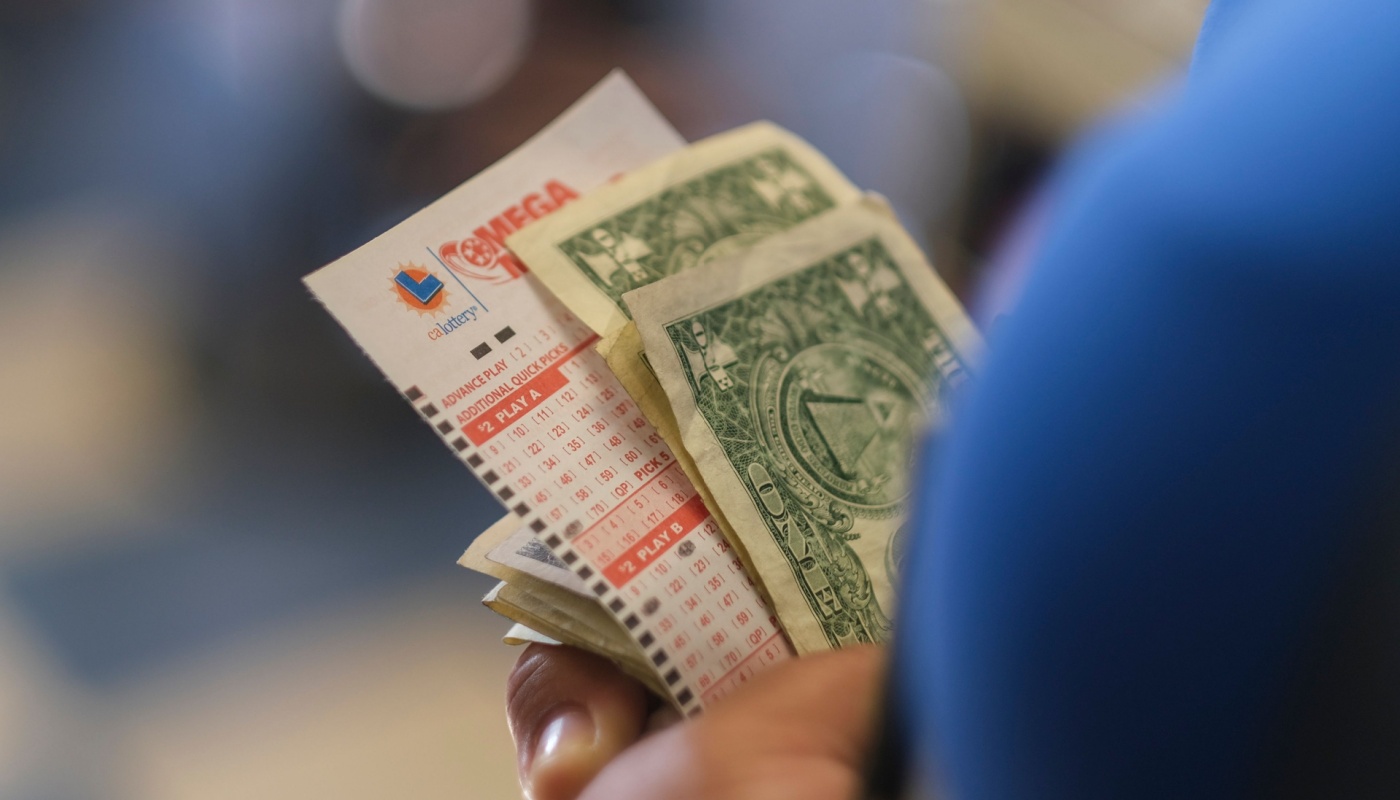

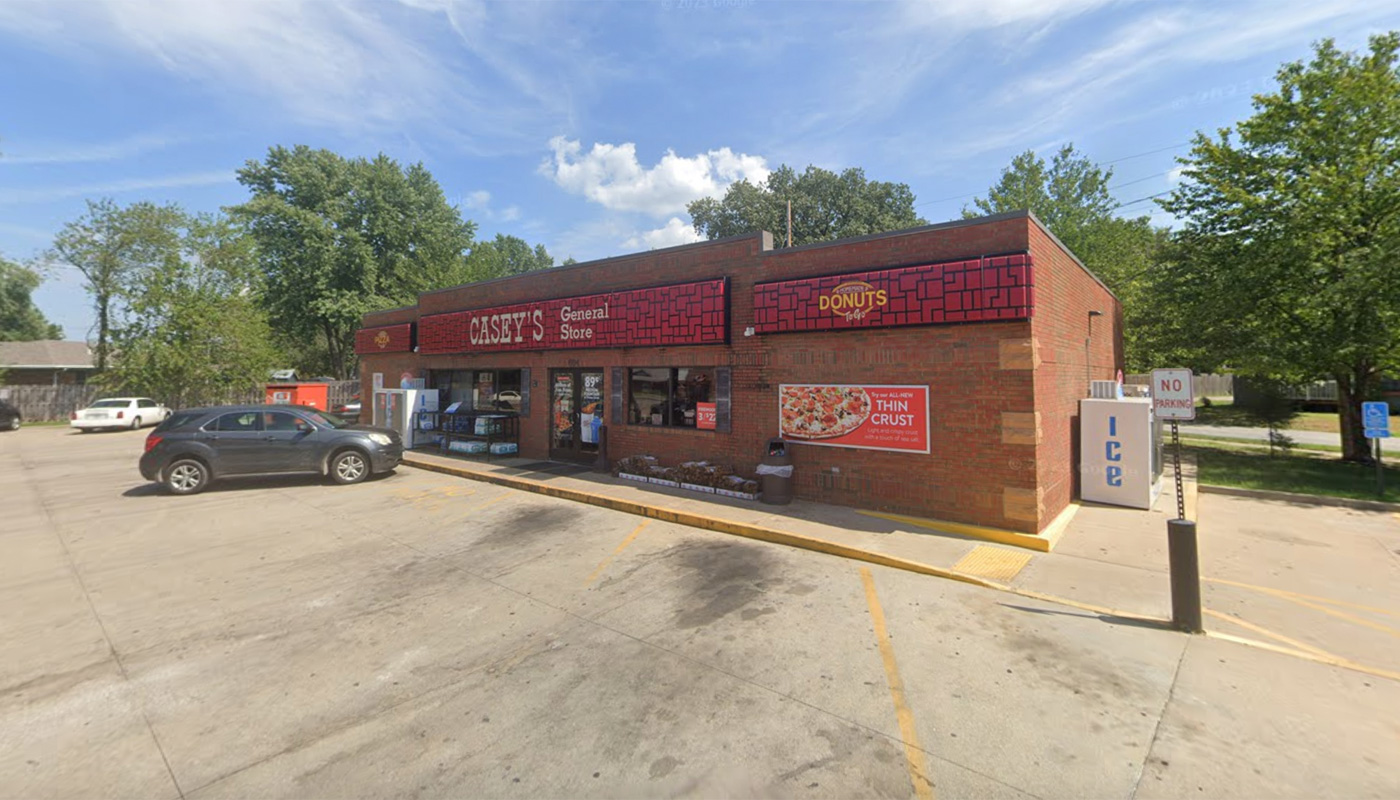

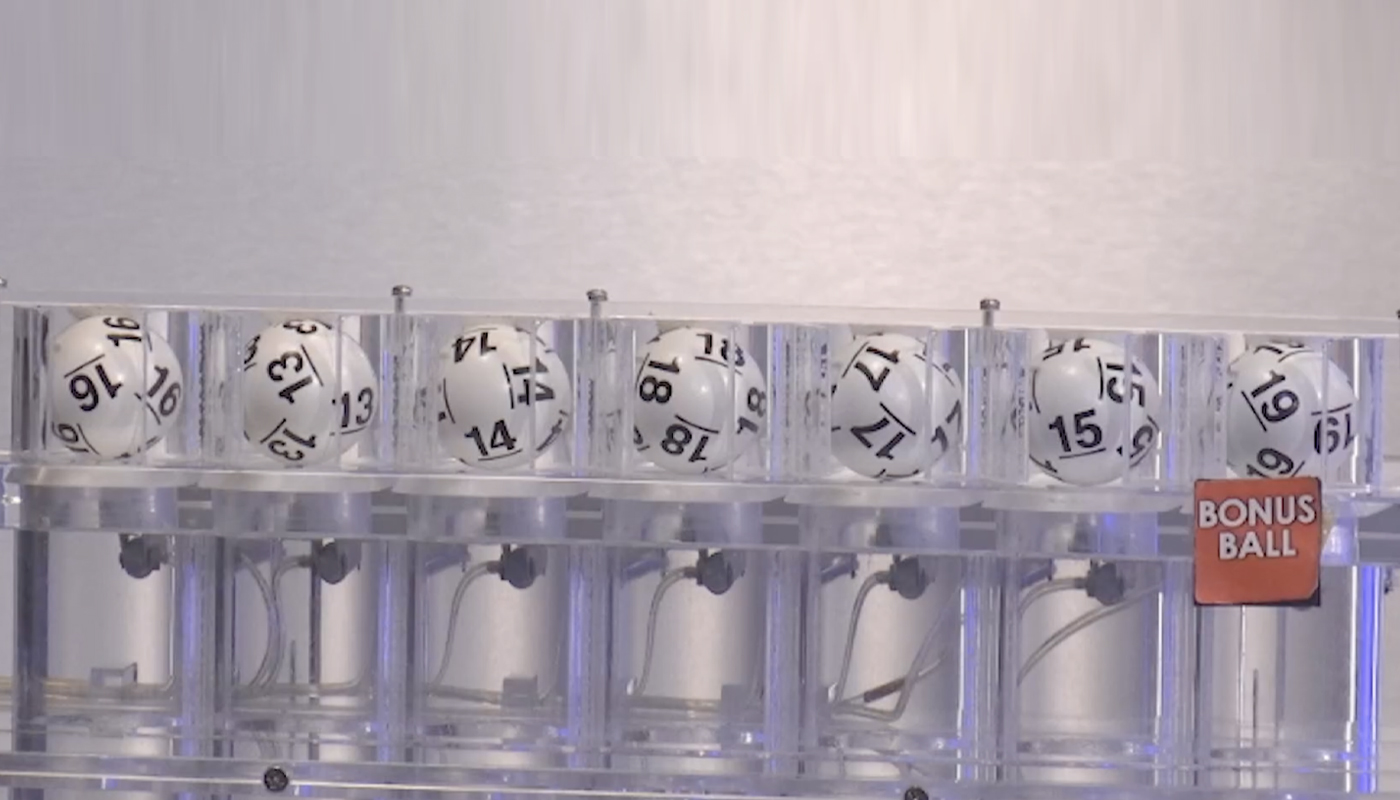

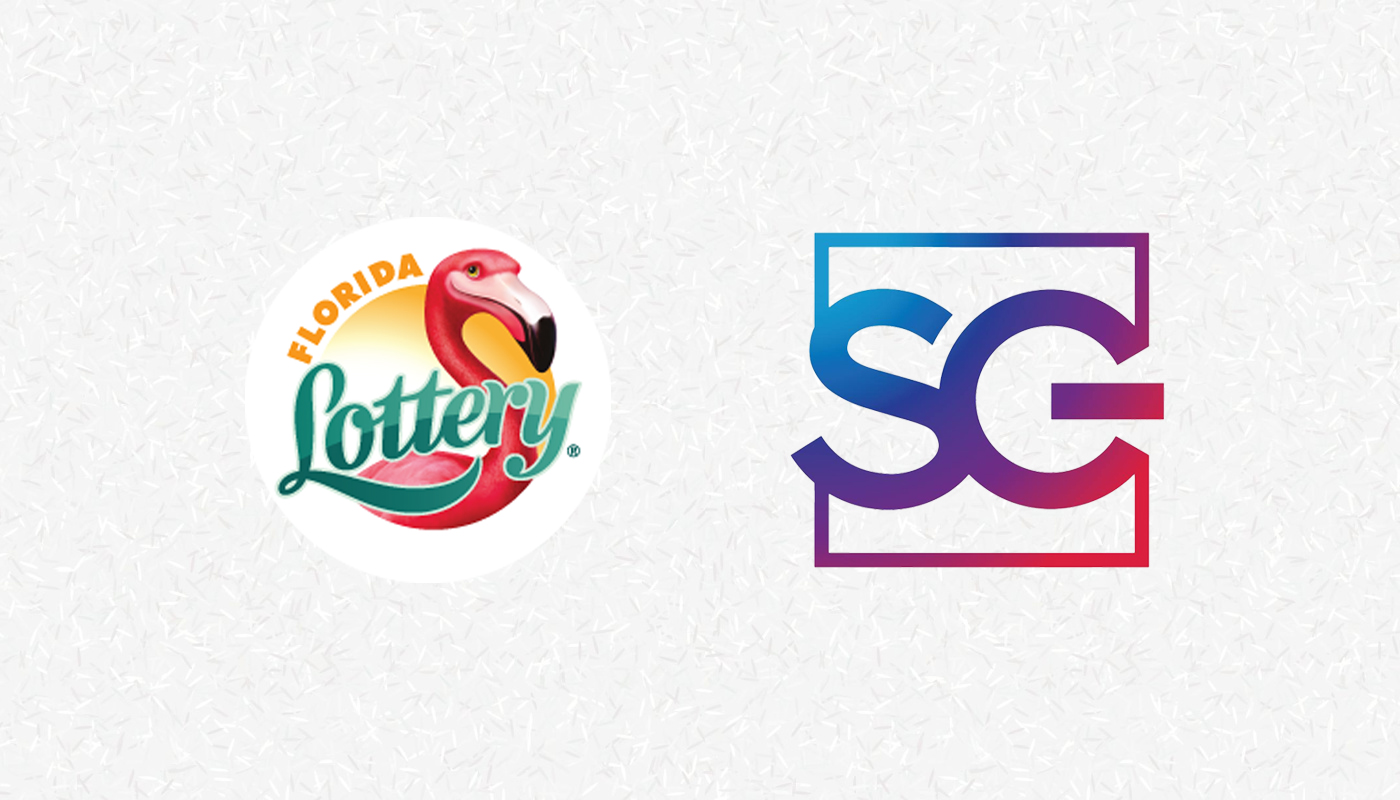
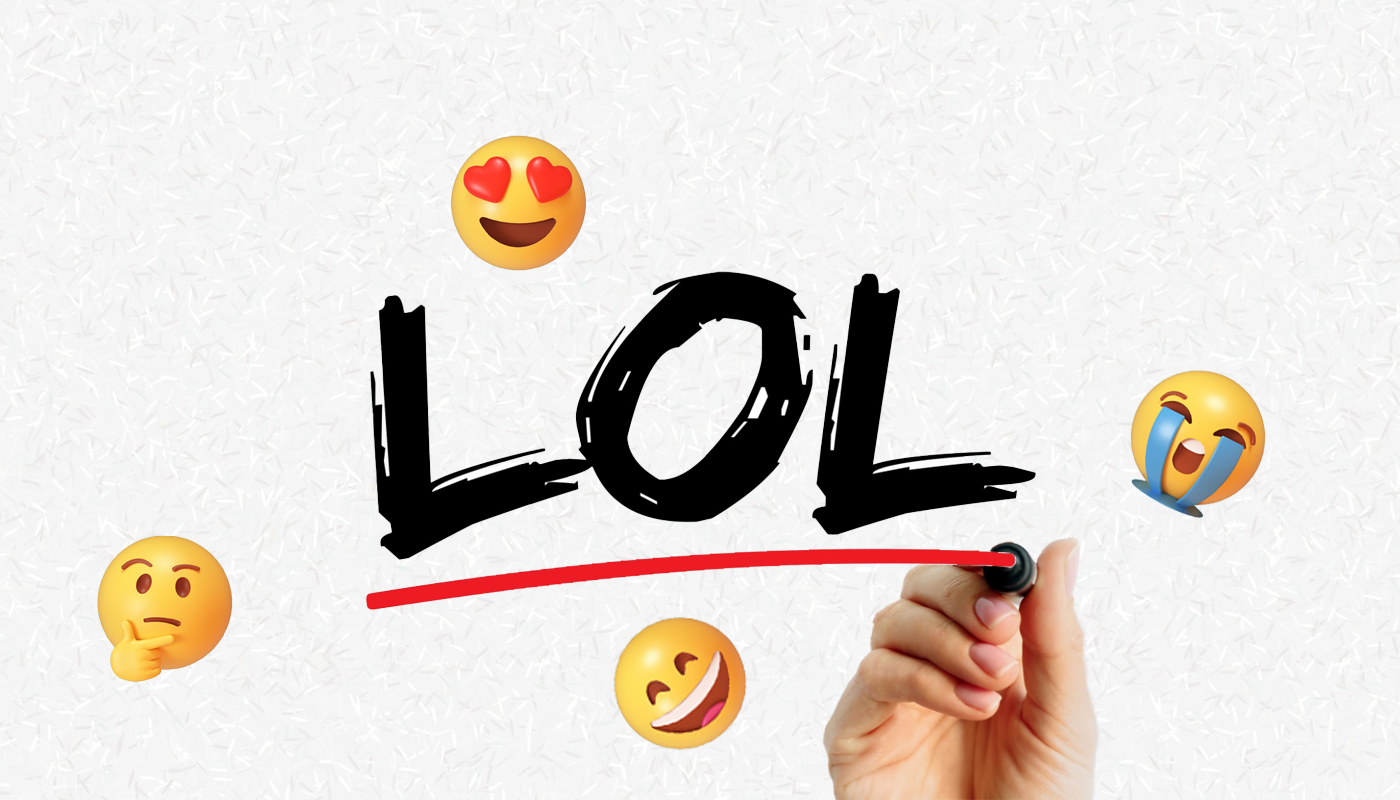
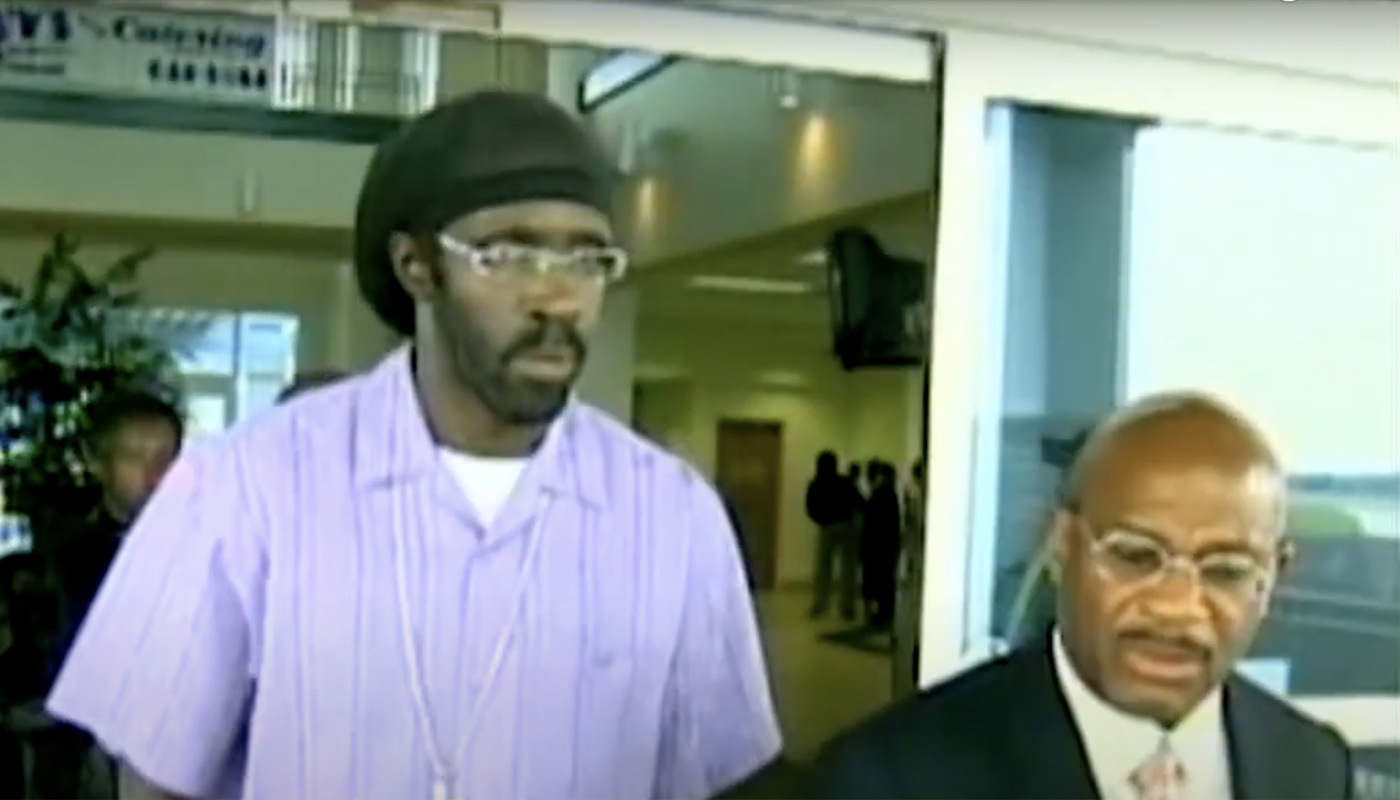

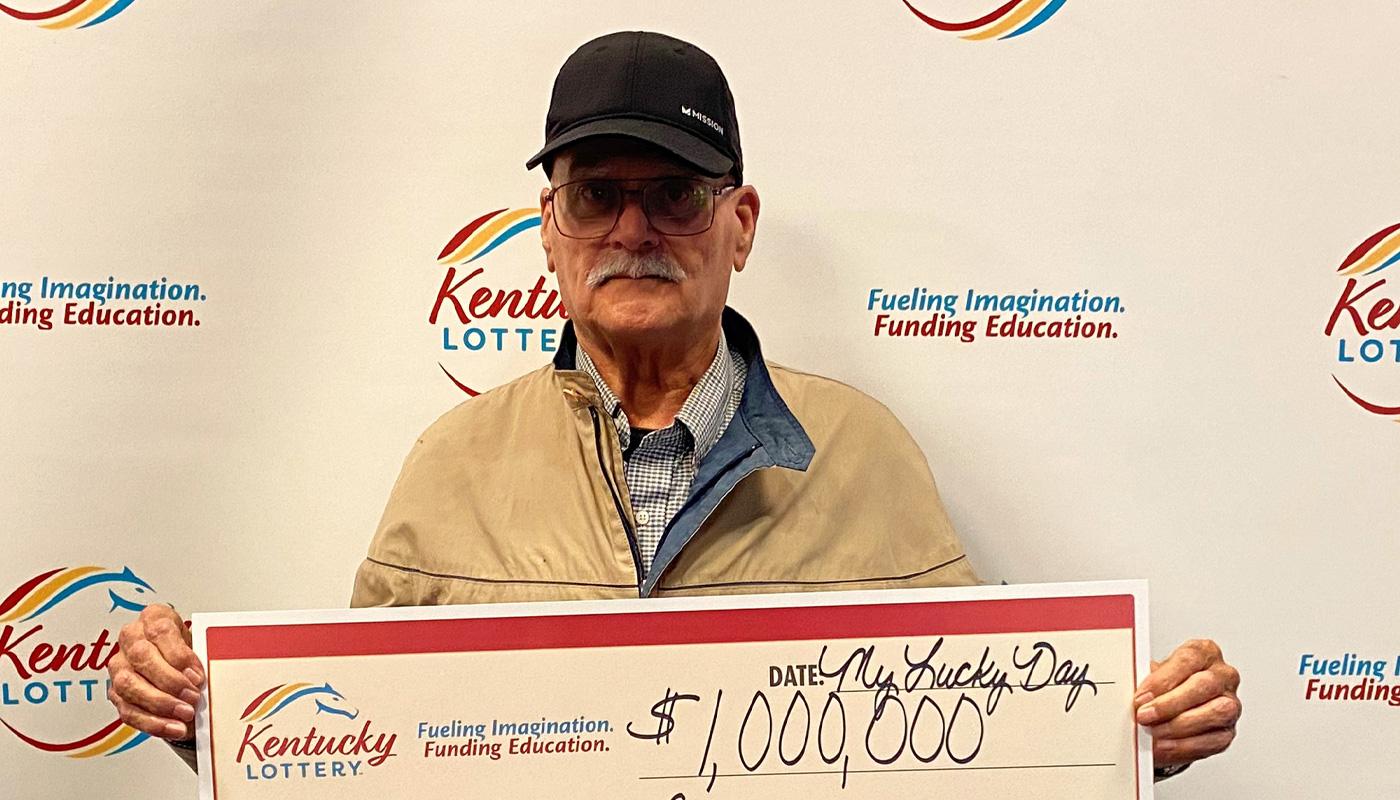








Comments